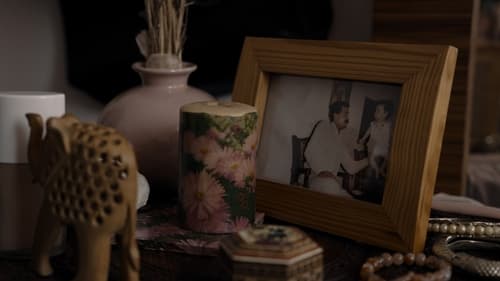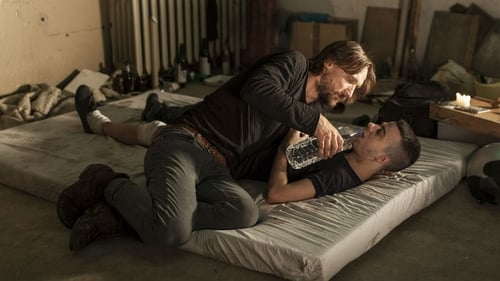
Director of Photography
After seven years in prison, a female student in Tehran is hanged for murder. She had acted in self-defence against a rapist. For a pardon, she would have had to retract her testimony. This moving film reopens the case.

Director of Photography
In a hospital in Hamburg, an unidentified woman is disconnected from the life-support system. While the investigators search for the mysterious perpetrator, two more men are murdered.

Director of Photography
In the summer of 1976, a shared family yard becomes the setting, as the adults bicker over selling the garden and the kids are free to explore the mysterious neighboring lot. Then they hear about a girl that has disappeared...

Director of Photography
탱크와 미사일 퍼레이드, 로봇처럼 움직이는 병사들, 가난하며 순종적인 어린이들 그리고 3대 세습을 추종하는 인민 같은 전형적인 이미지 말고 우리가 북한에 대해 제대로 알고 있는 실상이 과연 있을까? 이 영화는 격렬한 선전 구호 뒤에 가려져 있던 북한 사람들의 삶을 심층적으로 다룬다. (2017년 제9회 DMZ국제다큐영화제)

Director of Photography
Lose Your Head is a psycho thriller about a Spanish party tourist who gets lost in Berlin. The film is inspired by the true story of a young Portuguese man who disappeared some years ago after a night at Berghain.

Cinematography
Nina, Kerstin, Simon, Stefano and Flurin are journeymen doing their time on the road after completing their apprenticeships. They all take different paths and do it in their own way. They follow the unwritten rules of the tradition of their craft, but also their own inner compass.

Writer
Nina, Kerstin, Simon, Stefano and Flurin are journeymen doing their time on the road after completing their apprenticeships. They all take different paths and do it in their own way. They follow the unwritten rules of the tradition of their craft, but also their own inner compass.

Director
Nina, Kerstin, Simon, Stefano and Flurin are journeymen doing their time on the road after completing their apprenticeships. They all take different paths and do it in their own way. They follow the unwritten rules of the tradition of their craft, but also their own inner compass.






